An online programme to support those living with breathlessness
Providing patients with education and self-management tools such as breathing exercises, pacing techniques, exercise to improve physical activity.
Programme
SELF-BREATHE is an innovative digital approach to support those living with breathlessness, developed by Dr Charles Reilly, Consultant Physiotherapist in Chronic Respiratory Disease working with digital experts, breathlessness experts, and most importantly individuals living with breathlessness due to lung disease.
SELF-BREATHE provides patients with education and self-management tools such as breathing exercises, pacing techniques, exercise to improve physical activity
Using the techniques suggested within SELF-BREATHE will hopefully increase users’ confidence in their ability to control their breathlessness during daily life and at the points of breathlessness crisis.
Our multi-media approach includes animations, written text, audio files, pictures and instructional videos.
SELF-BREATHE is accessible via any internet enabled device, meaning it is easy to access when and where patients need it.
SELF-BREATHE has seven core components
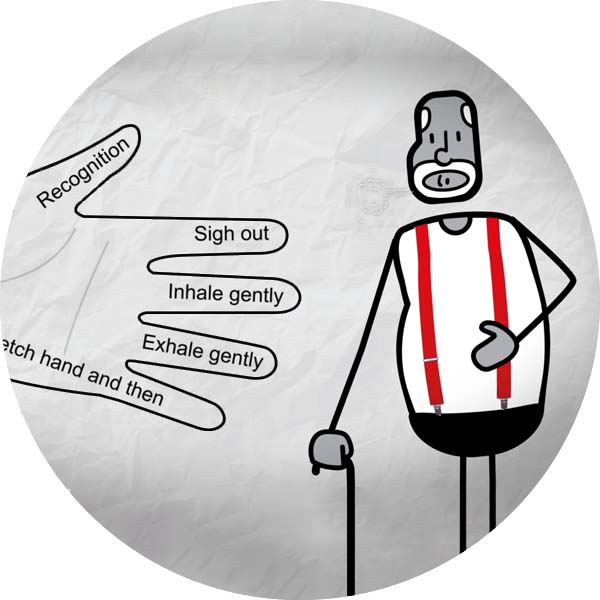
Patient education about chronic breathlessness and self-management
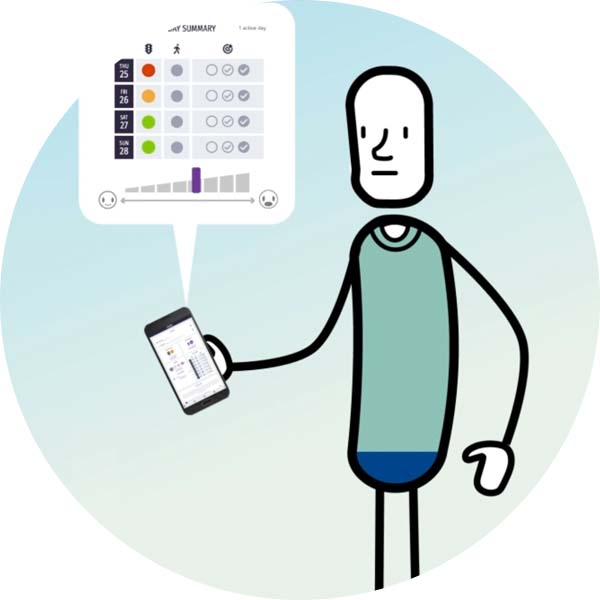
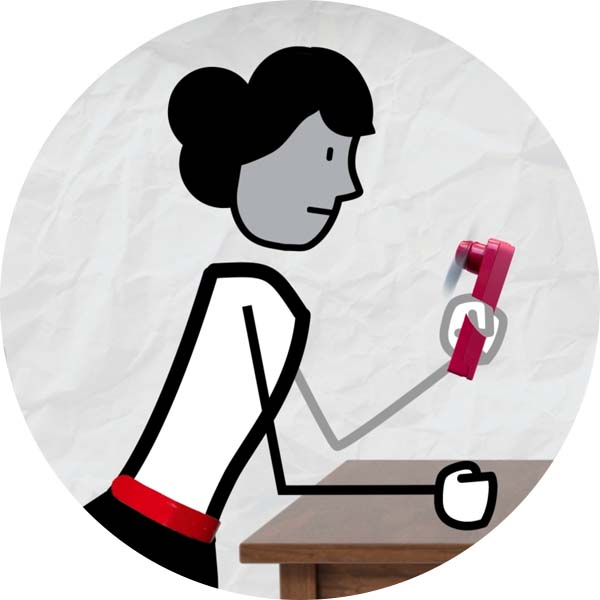
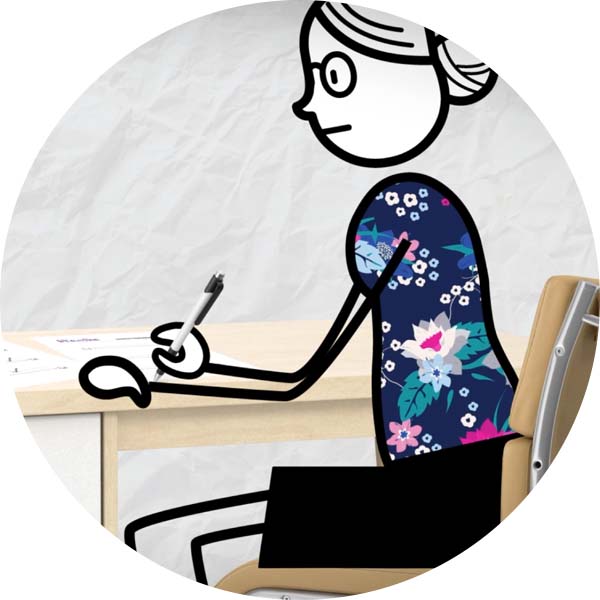
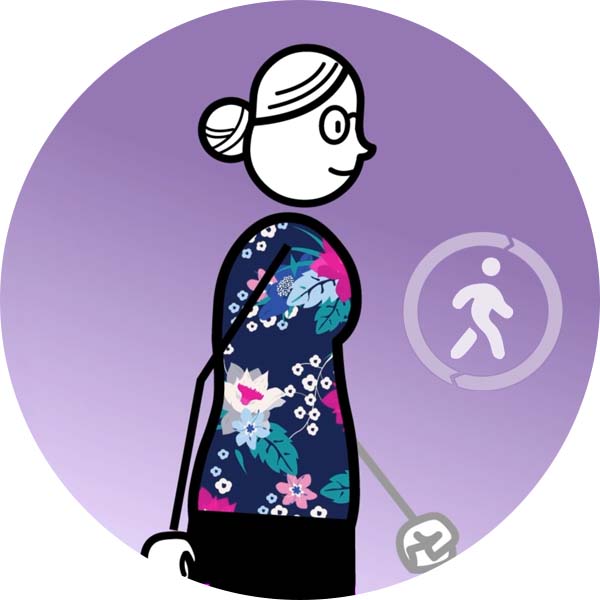
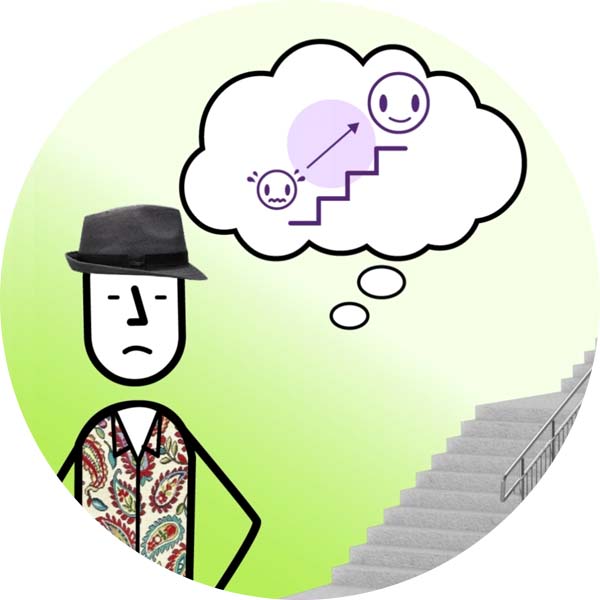
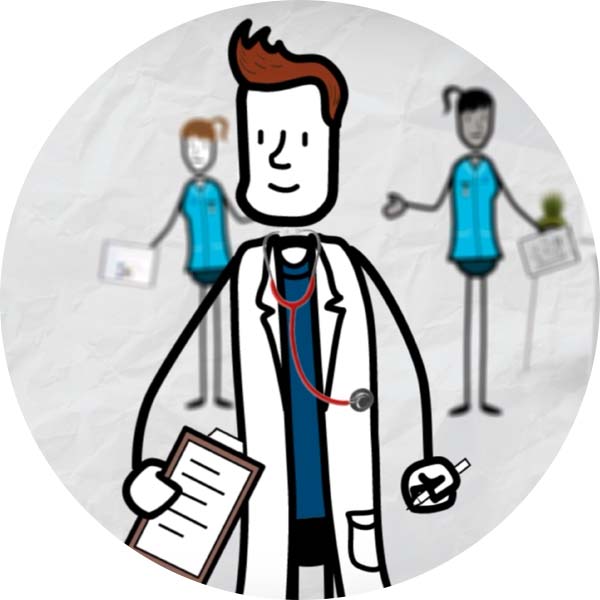
Background
Some health conditions make breathing difficult and uncomfortable. When this happens every day, it is called chronic breathlessness.
Over 3 million people living with heart and lung disease have chronic breathlessness in the UK.
Breathlessness is a very distressing symptom for patients and those close to them.
Many people feel helpless, unable to control their breathlessness resulting in them unable to do the things that are important to them.
Frequently people attend the Emergency Department seeking help with their breathlessness.
There is a lack of services to meet the needs of people living with chronic breathlessness
Given the on-going challenges faced by the NHS such as long waiting times, staff shortages, increased demand for services as a result of the COVID-19 pandemic, there is an urgent need to develop new ways to support those living with chronic breathlessness.
One potential solution is to offer support breathlessness online as in the UK.
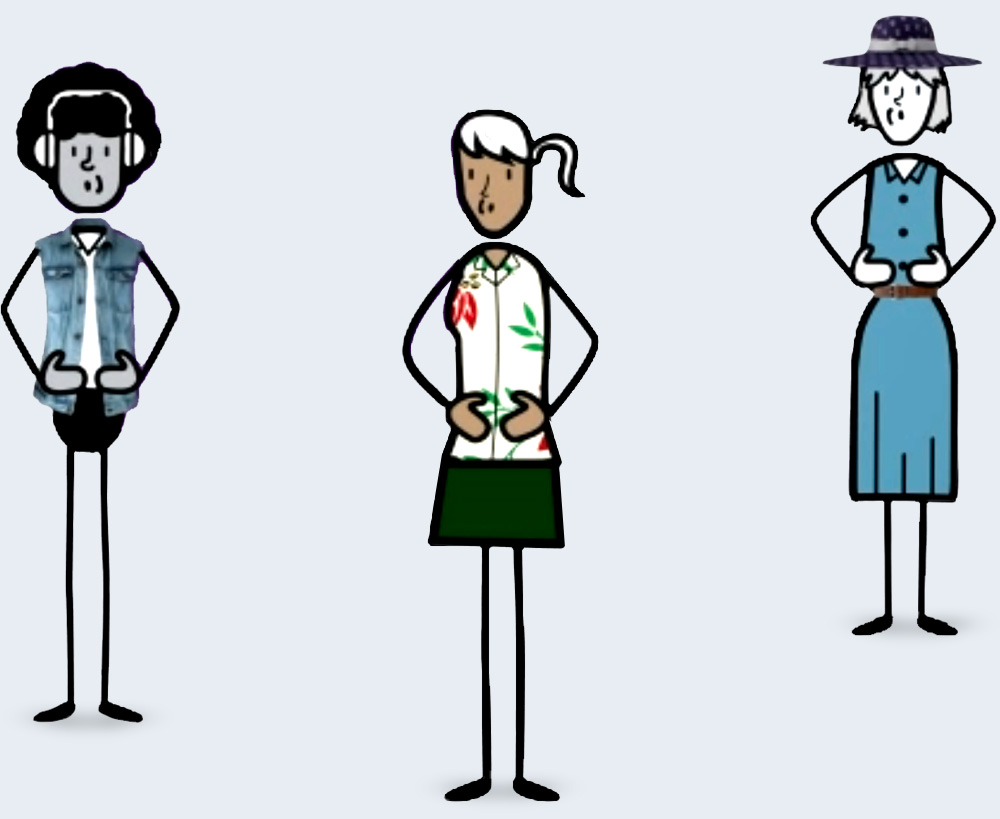
Testimonials
During our early testing of SELF-BREATHE with patients living with chronic breathlessness due to chronic lung disease, we learned that SELF-BREATHE is acceptable and valued by users.
Users reported that SELF-BREATHE provided them with breathlessness self-management tools that helped during daily life and during breathlessness crisis.
(Reference Reilly CC er al., ERJ Open, 2023 link: ERJ Open Research 2023 9: 00508-2022; DOI: 10.1183/23120541.00508-2022)
NEXT STEPS
After a successful initial trial, we’re carrying out a larger study, to see if using SELF-BREATHE improves people’s breathlessness.
We’re looking for patients who experience breathlessness during daily life, when walking, climbing stairs, getting dressed, or even at rest to take part in this study.
Eligible patients that consent to take part in our study, will be asked to fill in some questionnaire about how breathlessness effects on their life. Thereafter, patients will be randomly allocated to have access to SELF-BREATHE or not. All patients will continue with their health care and treatments.
Seven and twelve weeks later all participants will be asked to fill out questionnaires again These questionnaires will ask individuals about their breathlessness and its effect on their life, planned and unplanned hospital visits.
At the end of the study, we will compare answers to these questionnaires between the two groups to see to see if there is any improve breathlessness in those that used SELF-BREATHE compared to those that did not. This valuable information will help us understand how we can best support people living with chronic breathlessness in the future.